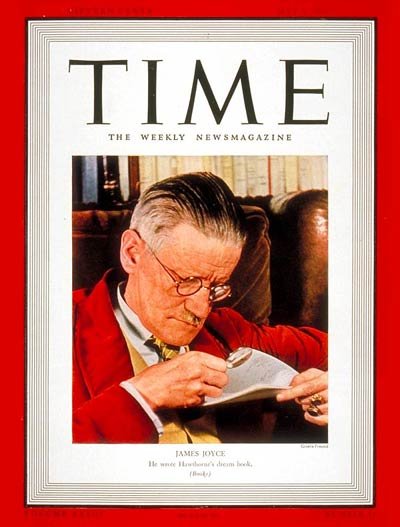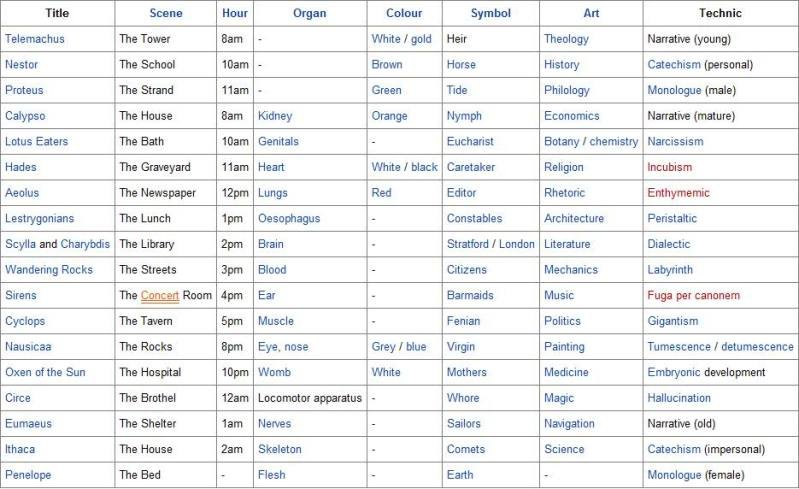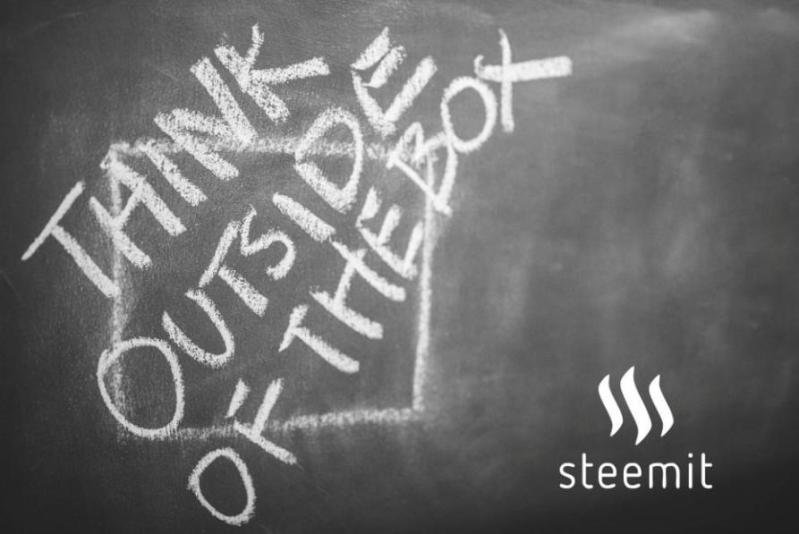We are happy to announce the successful launch of the first Steemit Book Club on Monday.
It was a great meeting with some insightful contributors, helpful discussions and some very interesting perspectives, which is exactly the purpose of a Book Club. It included a number of members who are new to Steemit, since I invited my mailing list to join.
Note that the Comments section of this post will also serve as a discussion forum for the current reading.
Before we recap the conversation, here are the details for next week’s call and reading assignment...

NEXT WEEK’S SBC CALL
Steemit Book Club, Session 2
Book: James Joyce, Ulysses (Gabler Edition)
Reading Assignment: To the end of the first chapter (page 19)
Date: Monday, September 19
Time: 6 p.m. PST / 9 p.m. EST / 2 a.m. GMT / 11 a.m. (Tuesday) UTC
Phone: (800) 719-6100 or (218) 339-7800, access code 629-1831#
Web audio link (and location for international call-in numbers):
https://hello.freeconference.com/conf/call/6291831
Chat: #steemit-book-club channel on steemit.chat
Don't forget to download this one-page map to “Ulysses,” which we mentioned on the call. It will be a huge help with the readings:

THIS WEEK’S RECAP
In case you missed the first meeting and want to join us for call number two, it's not too late. Here’s the recording of the entire first Steemit Book Club meeting:
https://soundcloud.com/user-655948001/the-first-steemit-book-club-meeting-1
(Not sure what you did to my voice, @the-alien, but I wish I always sounded like that.)
For those who don’t have time to listen or just want to review, here’s a quick recap of the call.
Among the things we discussed…
1. The history of Ulysses: Joyce was born in Dublin, and all his works take place there. They were written in the first half of the twentieth century while he was in self-imposed exile in continental Europe, and Ulysses was first published in 1922 although it is set entirely on one day: June 16, 1904.
2. Irish History: For those of you not up on your Irish history, what’s important to know about that time is that there was no independent country called Ireland. The entire island was part of the United Kingdom. And what’s also important to know is that all the big political decisions affecting the country were made from British Parliament in London. Thus, one of the big topics we’ll read about in the book is the Irish quest for Home Rule—for independence and self-government.
3. Catholicism. Most of Ireland was and remains Roman Catholic; however, since the 1500s, when Henry VIII broke off with the Roman Catholic Church, Anglicanism has been the dominant religion in Britain. So basically it is a Catholic reformed church that doesn’t recognize the supreme authority of the Pope over all other bishops. The point is that the schism in the book between English and Irish culture that will often come up is not just one of political rule but also religious difference.
4. Joyce’s other works: We discussed Dubliners and A Portrait of the Artist as a Young Man, specifically, since those characters are featured in Ulysses, particularly Stephen Dedalus, who is partially based on James Joyce’s younger self. What’s important to know is that Portrait chronicles, among other things, Stephen Dedalus’s schooling at a Jesuit boarding school, and his internal struggle between the spiritual, the aesthetic, and the concupiscent. Though he’s on a path to enter the priesthood, he eventually breaks from Catholicism and the end of Portrait finds him exiling himself from Dublin to free himself from the pressures of family, friends, religion, and Irish society to strike out on his own. We’ll be exploring this in more detail later, but when we begin Ulysses, Dedalus has returned to Ireland after living in Paris.
5. Ulysses: We discussed the stylistic leap from Portrait, which was a more traditional third-person novel though still breaking through the form into more modernist internal storytelling, to Ulysses, which is mostly stream-of-consciousness and varies wildly in its style. Often, in Ulysses, we’re experiencing an ongoing interior monologue taking place in a character’s head at the same time as the dialog and action he’s also experiencing. And this is what often makes Ulysses difficult for people to follow. When you are thinking thoughts in your head, you’re not stopping to explain references or context for anything, or making transitions between one topic and another. The other thing to remember as you read Ulysses is that it was seen as obscene and pornographic at the time, and so controversial that it was banned for over ten years in England until it could be released. In America, it was also declared obscene, and the first shipments of the book to the country were destroyed. It took twelve years later until a judge famously said that it may be an “emetic”—ie, something capable of making one vomit—but it definitely wasn’t an aphrodisiac.
6. The Odyssey: As most people know, Ulysses is modeled on Homer’s The Odyssey. The epic poem is about Odysseus (also known as Ulysses), the king of Ithaca and the trickster-hero behind the now famous Trojan Horse. It deals with his return home, which took another ten years on top of the ten-year Trojan War. During this epic journey, he had to battle, outwit, escape, and overcome all sorts of obstacles, which we’ll cover chapter by chapter as we meet them.
7. The Anti-Hero: One of Joyce’s points in this book is that you don’t have to sail the world and slay dragons to be a hero. Every day, we are sailing around our own small world and slaying our own dragons. So the everyday events of the three main characters of Ulysses in a day mirror the epic ten years of the main characters in the Odyssey: the king Odysseus returning home (Leopold Bloom), his wife Penelope being courted by obnoxious suitors (Molly Bloom), and his son Telemachus searching for him (Stephen Dedalus).
We then read the first three pages of the book out loud, analyzing it line by line and noting the Homeric parallels until it all made sense. You can hear that interpretation on the call. We agreed that we didn’t catch every reference and symbol hidden in the text, but at least it was all comprehensible and straightforward by the end of the call.

The good news for those who missed the first meeting is that we have only read the first few pages so far. Basically, you can be caught up in no time to join us for the next session.
We also have our first suggestions for the next book that we will read: War & Peace, Infinite Jest, and Hopscotch (with each member taking a different route through the book).
Let us know any thoughts on future books to read, on the first pages of Ulysses, and let’s continue our discussion below.
Best,
